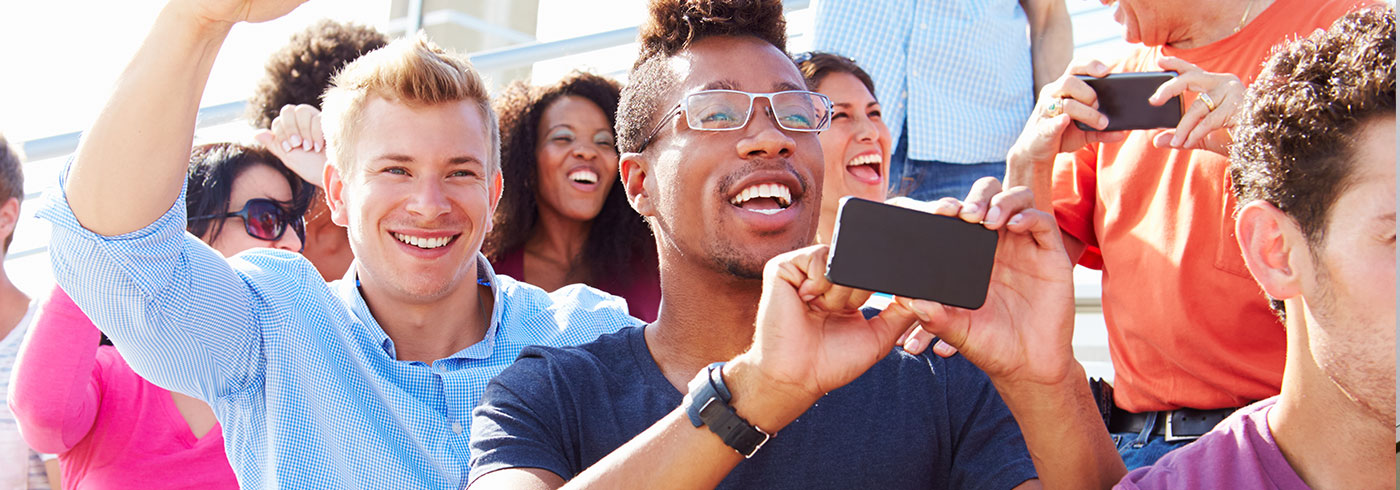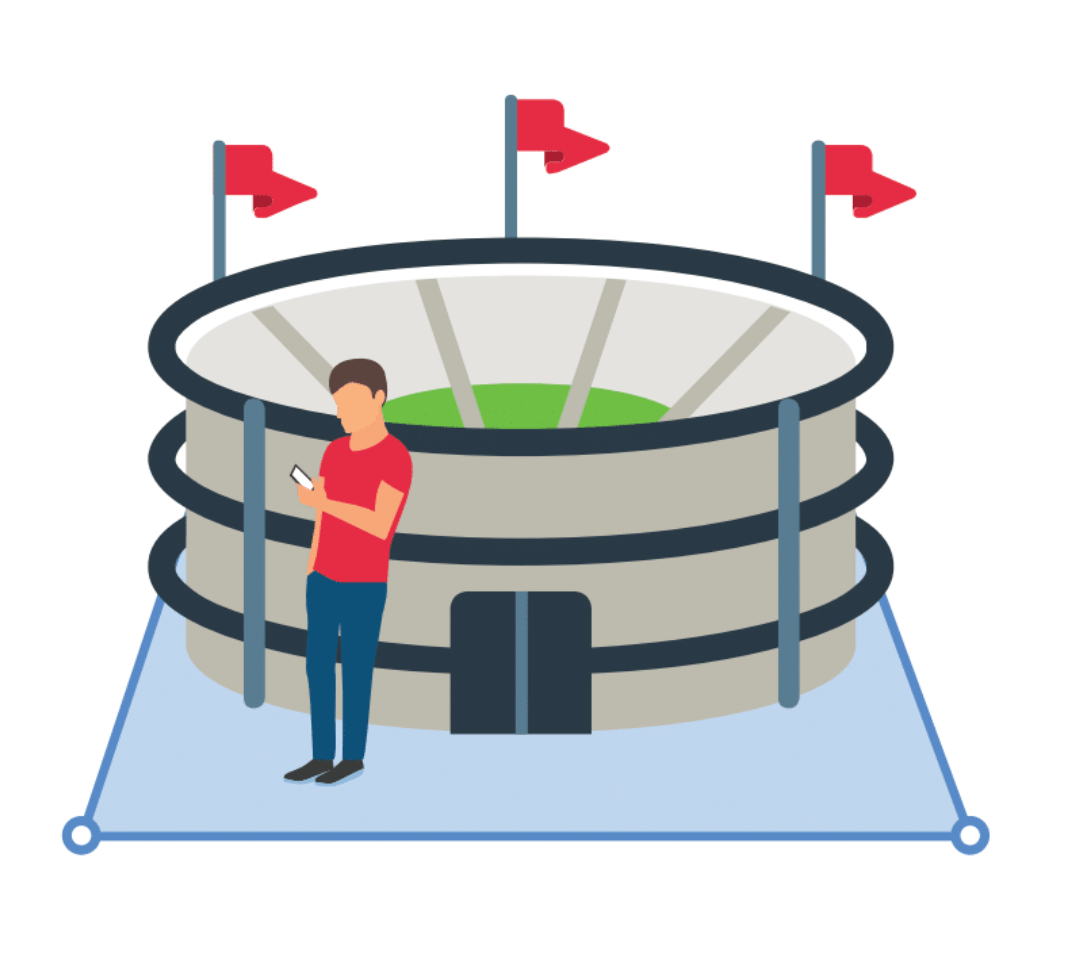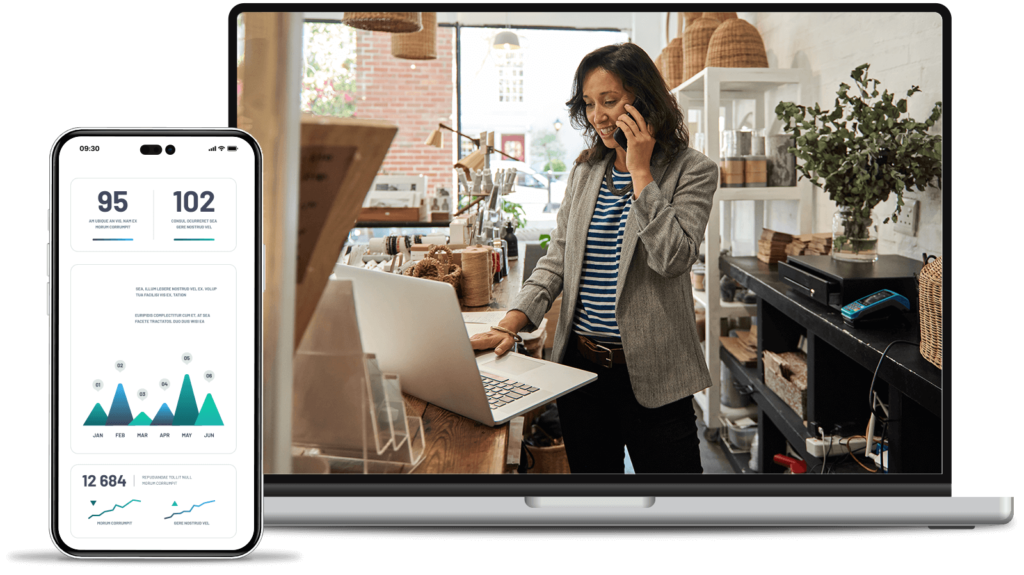Event targeting is an exciting and powerful tool when used correctly. This blog explains what to do and what not to do when setting up an event targeting campaign to ensure your client is as successful as possible.
Before we get into the dos and don’ts, let’s understand what event targeting is and how it works.
What is event targeting and how can your client use it to get more customers?
Event targeting is a location-based marketing strategy that serves ads to people who are at a specific location at a specific time. We capture data from the audience attending the event and serve ads to them up to 30 days after the event ends.
How does event targeting work?
A virtual geofence is traced around an event location where your client wants to build an audience based on user visits during a set, scheduled timeframe. When a user enters the geofenced location during the set timeframe, they will then become part of an audience group that can be targeted following the event.

Now that you are familiar with what event targeting is, let’s get into the common best and worst practices of this effective digital marketing strategy.
How to Run a Successful Event Targeting Campaign:
The Dos:
- DO target an event that makes sense to your advertiser. For example:
- A bridal shop targeting a bridal show event.
- A new rock station targeting local rock concerts.
- A home builder targeting a home show.
- DO target events with an expected large attendance. Here are some examples of common events to target:
- Tradeshows & Conferences
- Sporting Events
- Concerts
- Festivals
- Fairs
- Parades
- Radio Live Remotes
- DO plan ahead. Make sure everything is ready by the time the event occurs so we can serve ads to people at the event and 30 days after.

Bonus Selling Tip: DO attend an event yourself and note down what traditional advertising (billboards, flyers, sponsors, etc.) you see. These are great prospects to sell event targeting to! Ask them, “How would you like to be in front of this same audience at the event AND be in front of them 30 days after the event for a fraction of the price?”
The Don’ts:
- DON’T target small events. Planning and executing a great advertising campaign doesn’t mean much if there is no one to serve the ads to.
- DON’T promise your client that they will see the ad if they attend the event. There are thousands of people that attend these events.
- DON’T limit ads to appear only on mobile devices. Using cross-device targeting, we can serve ads to people on their phone, desktop, tablet, or even their connected TV. Let’s take advantage of this technology and get ads served to people on multiple fronts.
Do you have a client that would benefit from this digital tool? If you are new to event targeting and want to get started, please fill out our contact form.



